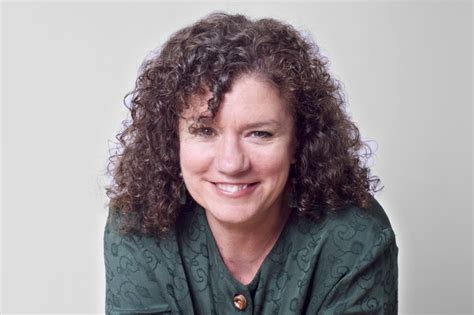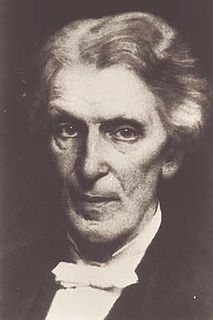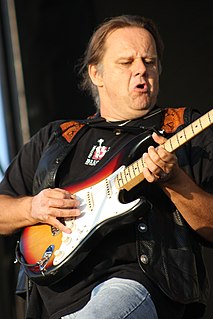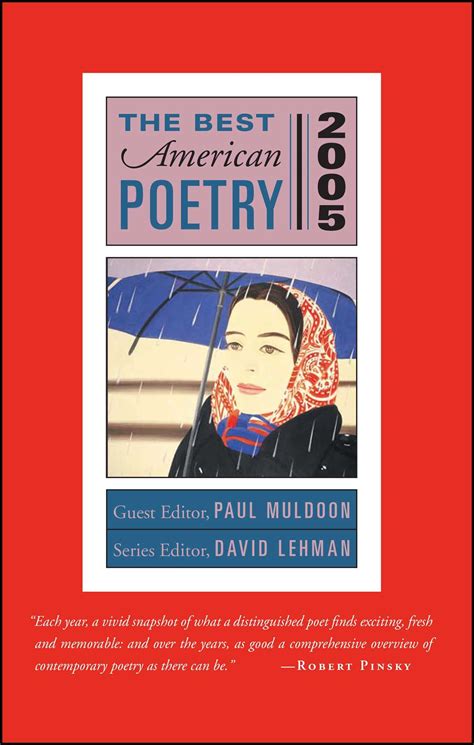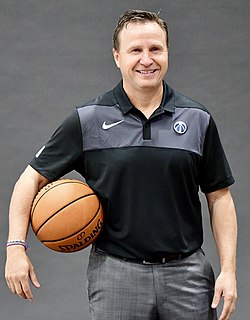A Quote by Constance Hale
Writers today must navigate the shifting verbal currents of the post-Gutenberg era. When does jargon end and a new vernacular begin? Where's the line between neologism and hype? What's the language of the global village? How can we keep pace with technology without getting bogged down in buzzwords? Is it possible to write about machines without losing a sense of humanity and poetry?
Related Quotes
People are always saying it's the end of the Gutenberg era. More to the point, it's a return to an oral era. The Gutenberg galaxy was about the written word. At its best, the digital era is part of the rediscovery of the oral. At its worst, it's a Kafkaesque victory of the bureaucratic over the imagination.
When people talk to me about the digital divide, I think of it not so much about who has access to what technology as about who knows how to create and express themselves in the new language of the screen. If students aren't taught the language of sound and images, shouldn't they be considered as illiterate as if they left college without being able to read and write?
Destroying the nation state are mainly three things: the global economy, global communication technology and global culture. And this is where we are lost in the process. What could be something that can provide us a transversal political sense of belonging? At the end of the day, without an alternative we end up with populism in the name of very narrow identities.
I believe it's impossible to write good poetry without reading. Reading poetry goes straight to my psyche and makes me want to write. I meet the muse in the poems of others and invite her to my poems. I see over and over again, in different ways, what is possible, how the perimeters of poetry are expanding and making way for new forms.
You must be respectful and assenting, but without being servile and abject. You must be frank, but without indiscretion, and close, without being costive. You must keep up dignity of character, without the least pride of birth, or rank. You must be gay, within all the bounds of decency and respect; and grave, without the affectation of wisdom, which does not become the age of twenty. You must be essentially secret, without being dark and mysterious. You must be firm, and even bold, but with great seeming modesty.
In general, it can be said that no contemplative life is possible without ascetic self-discipline. One must learn to survive without the habit-forming luxuries which get such a hold on men today. I do not say that to be a contemplative one absolutely has to go without smoking or without alcohol, but certainly one must be able to use these things without being dominated by an uncontrolled need for them.
Jargon is the verbal sleight of hand that makes the old hat seem newly fashionable; it gives an air of novelty and specious profundity to ideas that, if stated directly, would seem superficial, stale, frivolous, or false. The line between serious and spurious scholarship is an easy one to blur, with jargon on your side.
I remember getting my first cell phone in New York, getting into a taxi and thinking "This is the end of solitude in the back of a taxi." What used to happen in the back of a taxi? You looked out the window. My brain has become less able to spend lengths of time without shifting, and I worry about that.
Without core convictions to help us navigate, we stand uneasily on shifting sand, and we lack the solid footing with which to stage a life of principle and character. Today is a call to biblical conviction... What is needed today is a battalion of believers who follow Christ and stand for Him and His truth.
